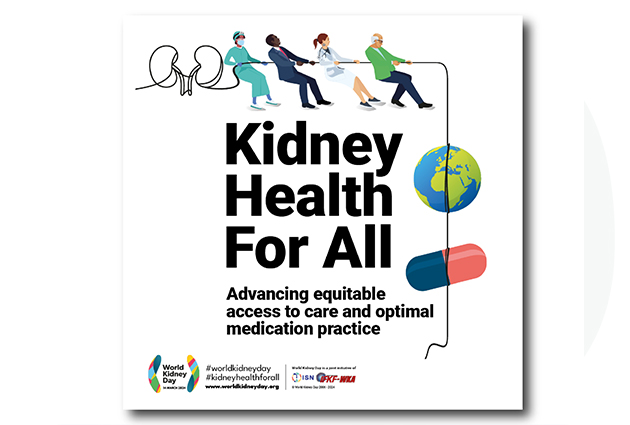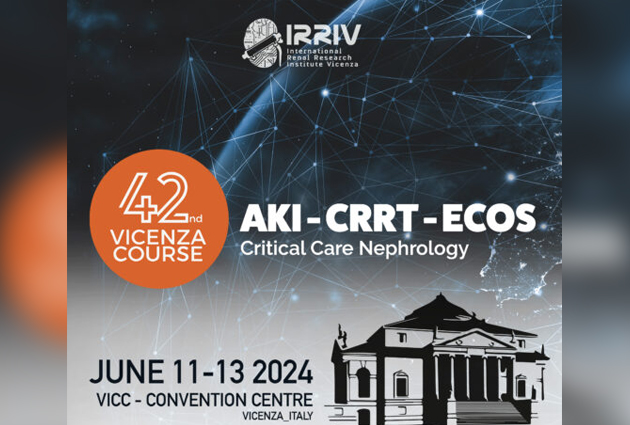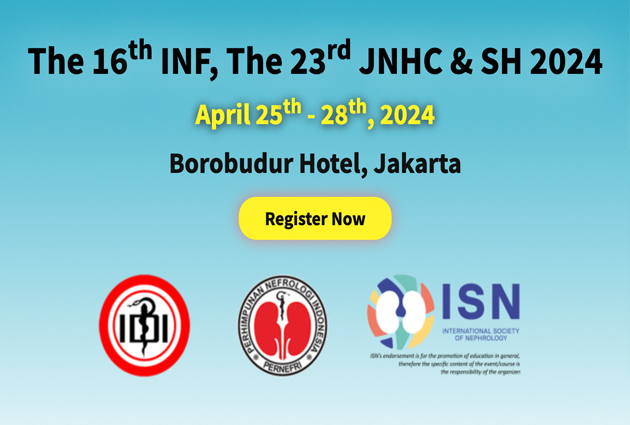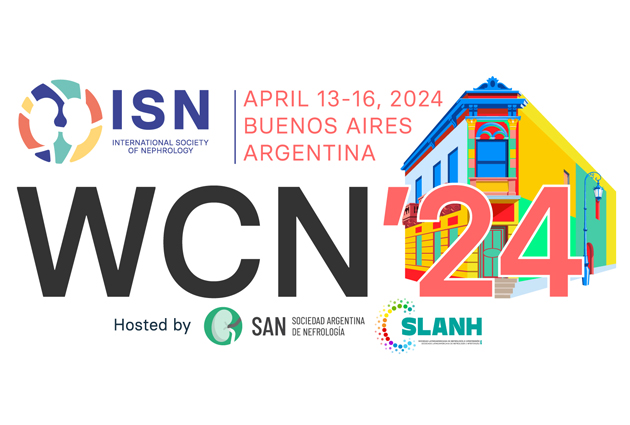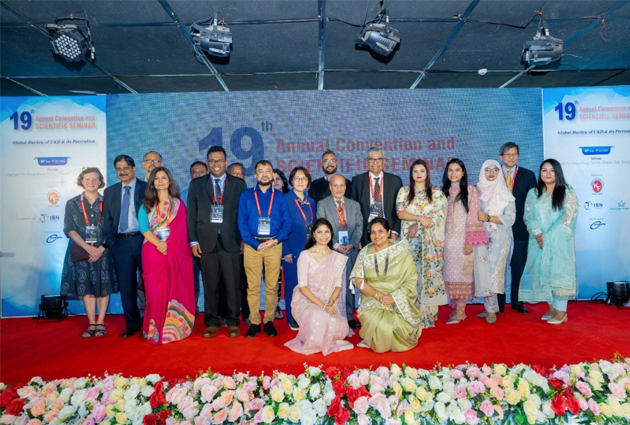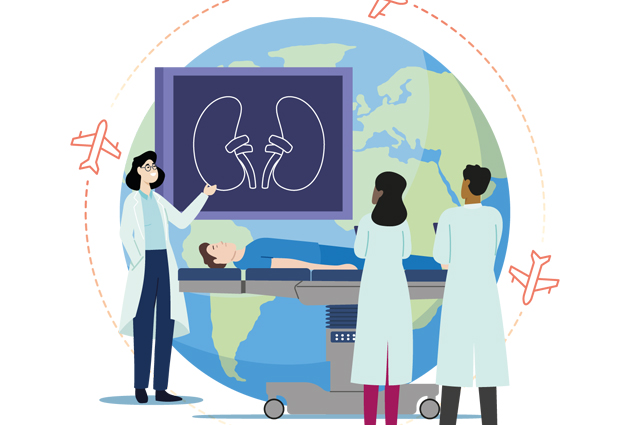Best practice, research and education worldwide
We took time out with Adeera Levin to congratulate her on becoming the new ISN President and find out what is in store for ISN over the next two years.
Adeera Levin is only the second female president in the history of ISN, and strongly hopes it won’t be another 40 years before the next one. Her aims for global nephrology are ambitious: Make state of the art treatment and care of patients with kidney disease available around the world.
Where will be your focus as ISN President?
AL: I want to ensure that we, as global citizens, focus on collaboration, communication and access for all to best practice, best research, best education and best policies. The field of nephrology has grown substantially over the last 50 years, and I believe we are uniquely poised for some important discoveries that will profoundly impact the care and treatment of patients with kidney disease.
I would like to ensure these are available worldwide, tailored to individual country and region needs. We have come together to improve awareness of chronic kidney disease as a worldwide problem, have recognized that there are regional variations in different diseases, and different health care systems and access to treatments. We have also recognized the importance of acute kidney injury (AKI), in all of its forms, as being common, and a promoter of chronic kidney diseases. The ISN will build on its history of collaboration and innovation, connecting the developed and emerging world nephrology communities.
How do you estimate the role of women in the nephrology world?
AL: Over the last decades, there has been a growing presence of women in nephrology: in research, education, and administration. The role of women in nephrology is the same as their male colleagues: to maintain the integrity of the profession and strive for excellence in all realms.
You have a close alliance with the Declaration of Istanbul Custodian group (DICG). How has the group evolved in the last seven years?
AL: Today, there is a truly engaged community of individuals who are working together to uphold all the principles: eradicate organ trafficking and transplant tourism, improve the living and deceased organ donation rates in all countries, and inform policy makers and governments about the issues as they arise. Multiple publications in high impact journals have occurred, as have changes in country policies regarding transplant tourism (Israel, Philippines, Colombia), and many countries are addressing issues on a regular basis, striving to eradicate it.
There are policies and statements addressing physician conduct, and responsibilities for the care of people who return with pur- chased organs from abroad, and the World Health Organization (WHO) continues to be concerned about this issue, with input from DICG.
In a very short period of time, under the amazing leadership of Dr. Francis Delmonico, and Dr. Gabriel Danovitch, amongst others and all the local champions, there has been a palpable change in the culture and awareness of the problem. There is still much to do, but much has changed.




